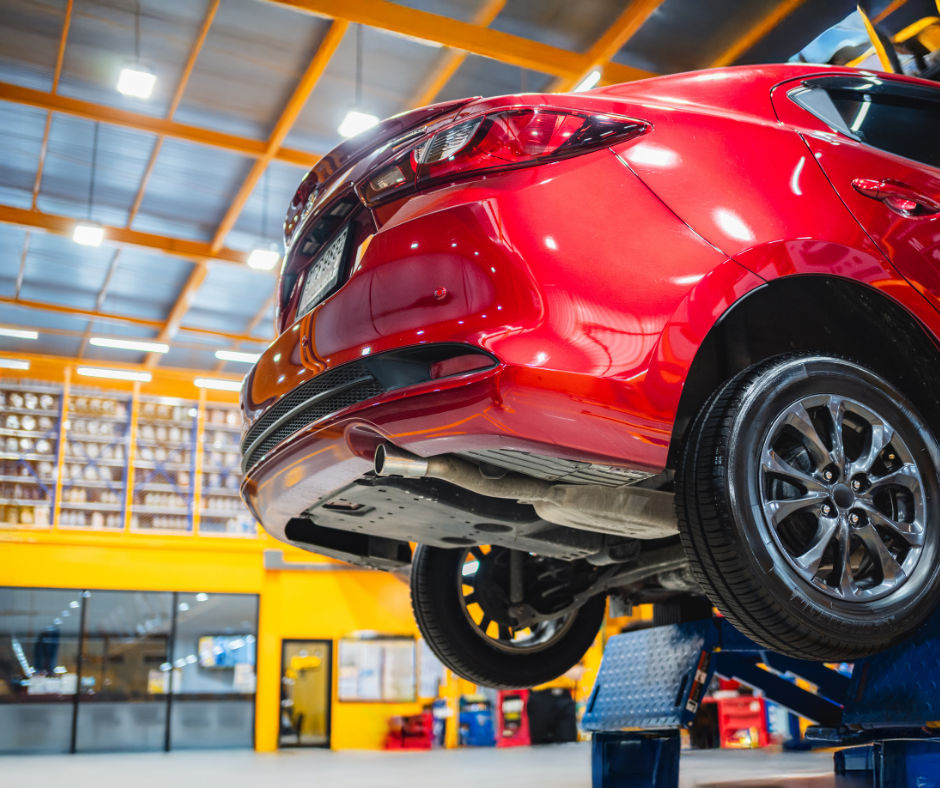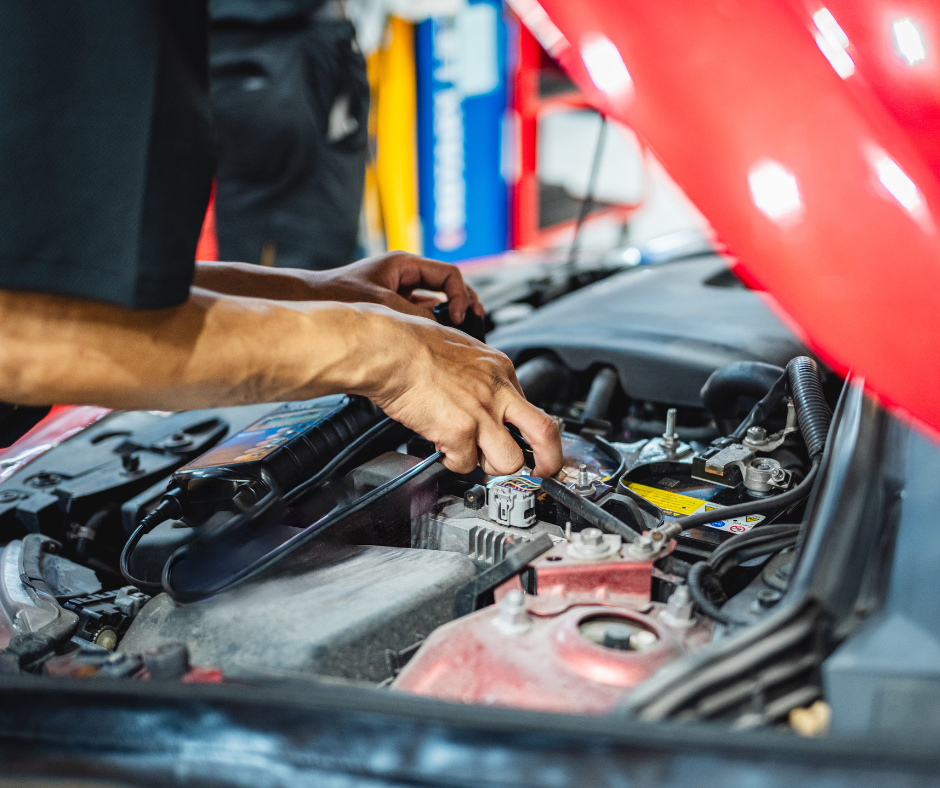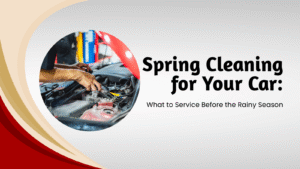As spring arrives in Gainesville, the good news is that it’s not just your house and garden that need a freshening up, but your vehicle too. While the majority of people are focused on cleaning up their gardens and organizing their garages, cars are often overlooked. We at Advanced Automotive have spent more than three decades helping Virginia motorists prepare their vehicles for any season. With the unpredictable weather and temperature fluctuations all over Gainesville, Haymarket, Bristow, and Warrenton, springtime maintenance is among the best ways to ensure your vehicle is operating safely and efficiently.
Why Spring Maintenance Matters
Winter’s chilly winter days leave more than simply cold memories. The sludge, salt, and frigid temperatures can be a burden on the vital systems in your car—from brakes and tires to fluids, as well as filters. As the weather gets warmer, spring presents new issues, including slippery roads, high humidity, and sudden downpours.
A quick seasonal inspection can help identify worn parts or dirty filters as well as small leaks before they escalate into costly repairs. Maintenance for spring is all about protection, as well as prevention and preparation for the months to come.

1. Check and Replace Wiper Blades
A clear view is essential when driving through unpredictable springtime weather. If your windshield wipers are streaking or squeaking at you, it’s time to replace the blades.
Replacing your wiper blades every six months helps keep your windshield clean in the event of a sudden downpour. Don’t forget to fill up the fluid in your windshield washer. It assists in removing road grime that accumulates in the course of the season.
2. Inspect Tire Tread and Pressure
Rising temperatures can affect tire pressure as well as traction. Over- or under-inflated tires could result in poor fuel efficiency and reduced braking power, as well as the possibility of hydroplaning.
Check your tire tread using the penny test. If it is possible to see Lincoln’s top, then your tires require replacement. A lack of even tread wear may suggest that your car requires an alignment of the wheels to assure smoother handling and a longer life of your tires.
3. Replace Air and Cabin Filters
The spring air is full of dust, pollen, and allergens, all of which could cause a blockage in the air filters. Your engine air filter helps your car breathe properly, while the cabin air filter keeps the air inside your vehicle clean and comfortable.
Replacing these filters improves fuel efficiency, prevents musty odors, and helps your defrost system clear fog faster on humid mornings.
4. Test Brakes and Brake Fluid
Your car’s brakes are its most vital safety device and are especially important on wet roads. If you notice a squeak or grinding sound, or if your vehicle is taking more time to come up, then it’s time for an inspection of your brakes.
Spring is also the ideal time to examine brake fluid, as it could absorb moisture and decrease performance. The freshness of your fluid helps ensure that your brakes remain in good condition in Virginia’s humid climate.
5. Check the Battery and Electrical System
Cold winters can damage the battery, even if it’s not totally failed. Add in fluctuations in spring temperatures, and you could end up being stranded in a sudden manner.
Have your battery examined for terminal corrosion and voltage. The average car battery lasts three to five years, but in climates with humid temperatures, prompt replacement is not uncommon. A clean, tested battery will give you a reliable start throughout the year.
6. Examine Belts, Hoses, and Fluids
Belts and hoses keep your car in operation, powering your steering system and cooling, and air conditioning. As the seasons change, the rubber parts can be damaged, cracked, and let go.
Inspecting and replacing damaged parts before the summer’s heat arrives will help prevent breakdowns. Also, be sure to test your transmission fluid, coolant, brake fluid, and engine oil for proper levels and contamination. Small leaks now could be a costly fix later.
7. Clean and Protect the Exterior
In the winter months, your vehicle’s exterior needs to be taken care of, too. Dirt, salt, and moisture can cause damage to the surface of your car and even parts under it. A thorough cleaning and a wax coat protect your vehicle from corrosion and rust, while also giving it a new spring-like shine.
Don’t forget to clean the underside. A professional undercarriage cleanse helps get rid of the hidden salt buildup, which can result in lasting damage.
8. Make Sure Your A/C Is Ready
When temperatures rise, it’s likely that you’ll need your air conditioner for the first time. Examining your AC before the first day of hot weather will help you avoid unpleasant surprises.
Check for weak airflow or warm air, which could be a sign of an insufficient refrigerant level or worn components. Maintaining your air conditioner will ensure cool, comfortable driving throughout the summer and spring.

Your Gainesville Auto Experts Are Here to Help
It’s normal to be busy, but paying your car a bit of attention now can prevent problems later. If you’re living in Gainesville, Bristow, or Haymarket, the family-owned staff at Advanced Automotive is ready to ensure you’re secure and prepared for the spring season.
Contact us now by calling (703) 665-1818.
Or visit us at our store at 13380 University Blvd, Gainesville, VA—we’ll ensure that your vehicle is prepared for whatever the weather brings.

 Oil Change Gainesville
Oil Change Gainesville  Auto Brake Repair Gainesville, VA
Auto Brake Repair Gainesville, VA  Fleet Services Gainesville
Fleet Services Gainesville